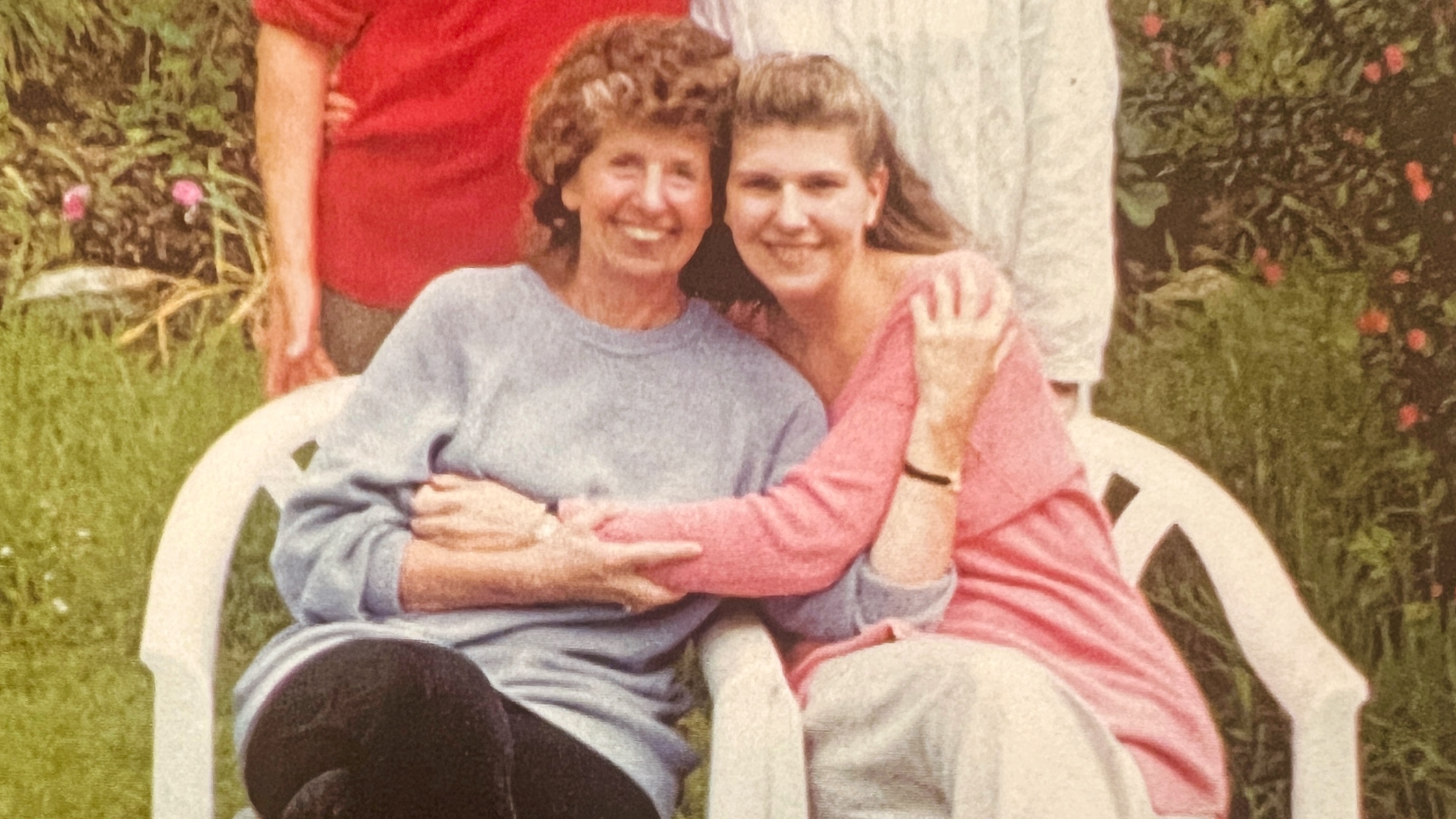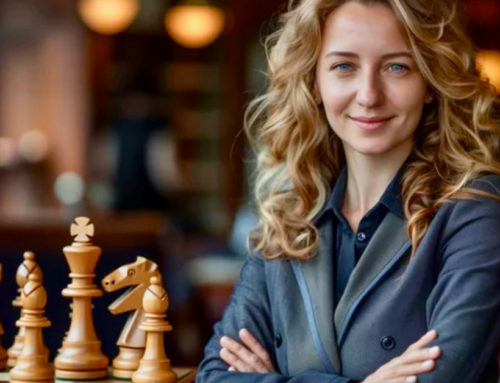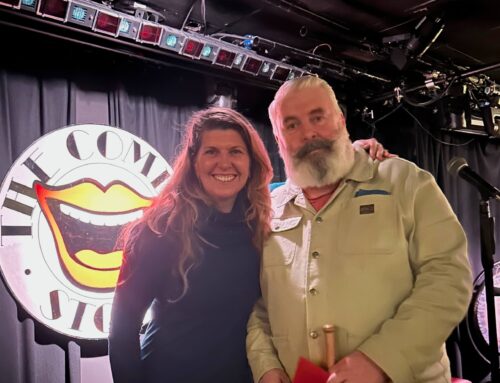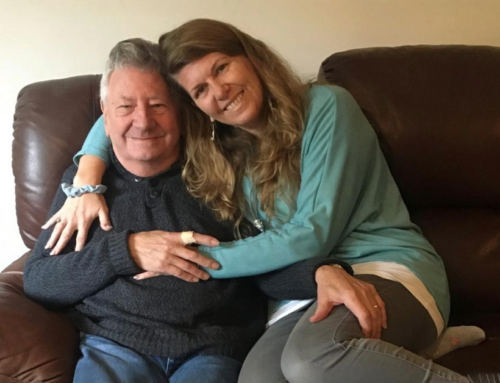
Honouring a dying parent’s wish
Honouring a dying parent’s wish can be one of the most painful and complicated challenges we face – especially when that wish conflicts with our sense of identity.
The Name My Mum Gave Me
I was born Sarah Ann Cosgrove (SAC).
When I left home at 17, I legally changed my name to Chloe Louise Cosgrove. (CAC was not an option – you can understand why).
At the time, my mum and stepfather told me they wholeheartedly supported the decision.
I built my entire adult life in that name – Chloe. My degrees. My banking career. Every relationship I formed. It was all as Chloe.
Then my mum became terminally ill – and everything changed.
The Weight of Her Wish
She was given three months to live – no treatment, no cure. She made it almost four years. Through every near-death experience, I kept showing up – balancing a demanding London job with weekend dashes to Devon. Each goodbye felt like the last – until it wasn’t.
In one of those moments of connection, while my Mum was planning my wedding (I didn’t even have a boyfriend), she dropped a request that floored me:
“I want to hear you say: ‘I, Sarah Ann Cosgrove’ when say your wedding vows. That’s the name I gave you.”
It was said with love. But it landed like a dagger.
Honouring a Dying Parent’s Wish – at What Cost?
The name Sarah didn’t feel like mine. It carried memories, shame and a trauma history I had worked hard to leave behind. “Sarah” was triggering. Painful. Not neutral.
But my refusal to change it back became her heartbreak – and my betrayal.
My stepfather was furious with me. He vowed that from that day until the day he died, he would no longer call me Chloe. Every email, every birthday card, every interaction – I would be “Sarah”. Whether I liked it or not.
People-Pleasing vs. Soul Abandonment
This wasn’t about a preference. It was about my identity. Who I had chosen to become.
I wanted to honour my Mum – but I couldn’t do it in the way she’d asked. Not without losing something essential.
A Different Kind of Gift
After one of her recoveries, I invited her to spend a girls’ weekend at my home. Just us. No stepfather. No guilt.
I made it magical. A spa day. Hand-selected gifts. Dirty Dancing whilst snuggled on the sofa. Chocolate. Laughter.
Unbeknown to us both, it would be the last time she ever visited me.
And just before she left, I gave her one final gift.
I said, “This is something you gave me as a child. Something I didn’t take as much care of as you’d have liked. I’ve done my best to mend it. It’s not perfect, but I hope you like it.”
Inside the envelope was a Statutory Declaration of Name Change. I was now Chloe Sarah Ann Cosgrove.
Her eyes filled with tears.
It wasn’t a full surrender. It was a peace offering. A way to say: “I see you. I honour you. And I still need to be me.”
The War to Peace® Perspective
This wasn’t really about a name. It was about war. The kind we wage silently – between love and self-preservation.
Honouring a dying parent’s wish doesn’t always mean saying yes. Sometimes it means finding a new path — one that doesn’t betray you or them.
War to Peace® helps us with this. It reminds us that true love doesn’t require self-abandonment. Even when they’re dying. Even when the guilt screams.
Boundaries can be acts of love. And self-respect can live alongside deep compassion
Reflective Questions
-
Have you ever felt torn between honouring someone else’s wishes and staying true to yourself?
-
What stories do you carry about what it means to be a “good” daughter, son, or partner?
-
Where might you be abandoning yourself to keep the peace?






Leave A Comment